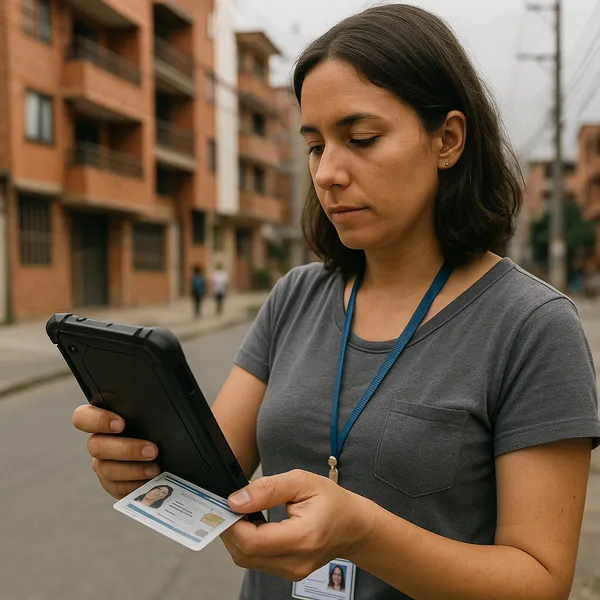ESG Integration and Local Economic Impact in Frontier Markets
Published on: Mon Jan 25 2021 by Ivar Strand
Introduction
The presence of an international firm operating in a developing or fragile state is, in itself, an economic and social intervention. With this presence comes a responsibility that extends beyond the strict deliverables of a client contract. A fundamental idea at Abyrint is that a responsible firm must proactively manage its operational footprint to ensure it is a net positive force for the local economy and society.
This is our approach to Corporate Social Responsibility (CSR). It is not a separate, ancillary activity but an integrated part of our business model, built on a series of practical commitments to ensure our impact is both beneficial and sustainable.
Pillar 1: Prioritizing Local Sourcing and Employment
The most direct channel for creating positive local economic impact is through deliberate sourcing and hiring decisions. We are committed to a “local first” policy wherever feasible and responsible.
- Local Content in Procurement: For the goods and services required to run our field operations—such as vehicle rentals, accommodation, office supplies, and catering—we prioritize local vendors. This policy is guided by their ability to meet our quality, availability, and ethical standards, ensuring that a significant portion of our operational expenditure remains within the local economy.
- Local Hiring and Fair Compensation: We are committed to hiring qualified national staff for all relevant field positions, including data enumerators, field managers, drivers, and administrative personnel. All locally hired staff are provided with formal employment contracts, fair wages that meet or exceed local standards, a safe working environment, and the same professional respect afforded to all members of our team.
Pillar 2: Fostering an Ethical and Inclusive Supply Chain
Our responsibility goes beyond simply sourcing locally. We actively seek to build a supply chain that is both ethical and inclusive, ensuring our spending aligns with broader principles of social progress.
- Ethical Vetting of Suppliers: All potential local vendors undergo a due diligence process. This review assesses not only their capacity to deliver quality goods and services but also their reputation and adherence to ethical labour practices. We do not engage with suppliers known to have poor labour or safety records.
- Championing Supplier Diversity: We make a proactive effort to identify and provide opportunities for Women-Owned Business Enterprises (WBEs) and businesses run by other underrepresented or marginalized groups. This is a conscious decision to use our procurement power to support broader economic empowerment and inclusion.
Pillar 3: Investing in the Local Professional Ecosystem
Beyond direct financial transactions, we believe in contributing to the human capital and professional fabric of the communities where we work.
- Knowledge Transfer and Partnership: When we collaborate with local consultants or partner firms, we view the relationship as a genuine partnership, not merely a subcontract. This involves a two-way exchange of methodologies, technical knowledge, and professional experience, with the goal of mutual capacity building.
- Pro Bono Engagement: Where opportunities align with our core expertise, we may provide pro bono technical support to local civil society organizations, academic institutions, or student groups. This can include guest lectures on M&E techniques or advisory support on data analysis. This is a direct investment in the long-term professional capacity of the local community.
A License to Operate, A Responsibility to Contribute
These pillars are not a menu of optional activities; they form an integrated strategy that is central to our identity and our social license to operate in complex environments. The goal is to leave each country of operation with more than just a series of successful project reports. The goal is to also leave behind a slightly stronger local economy, a more robust professional community, and a reputation as a responsible and ethical partner.



